Course Overview
This professional development course is designed for engineers and technicians who need practical knowledge in the fundamentals of chemical engineering, including plant layout and procedures.
Chemical Engineering and Plant Design Course Details
Process plants, such as refineries and petrochemical plants, are complex facilities consisting of equipment, piping systems, instruments, electrical systems, electronics, computers, and control systems. The design, engineering, and construction of process plants involve a multidisciplinary team effort. Process design, plant layout, and design of piping systems constitute a significant part of the engineering effort. The objective is to design safe and dependable processing facilities cost-effectively. This course provides you with the necessary knowledge and skills in the disciplines of chemical engineering and plant design to facilitate faster learning curves while on the job. Upon completion of this course, you will have a clear understanding of the design and engineering principles used in the design of process plants. Course Benefits
- You may be eligible to claim CPD points through your local engineering association.
- Receive a Certificate of Completion from EIT.
- Learn from well-known faculty and industry experts from around the globe.
- Flexibility of attending anytime from anywhere, even when you are working full-time.
- Interact with industry experts during the webinars and get the latest updates/announcements on the subject.
- Experience a global learning with students from various backgrounds and experience which is a great networking opportunity.
- Learn fundamentals subjects related to chemical plants and preparation of a chemical plant layout and their procedure.
- Gain vital knowledge on core chemical engineering subjects like mass & energy balance, thermodynamics, fluid mechanics and more.
- Get clear understanding on engineering and design principals in demand to design a process plant
The course is composed of 12 modules, covering the fundamental principles and concepts used in process design and plant design.
Module 1: Introduction to Chemical Engineering
- The role of a chemical engineer
- Unit operations
- Unit processes
Module 2: Introduction to Process Drawings
- Process Flow Diagrams (PFDs)
- Piping and Instrumentation Diagrams (P&IDs)
- Plot Plans
- 3-D Models
Module 3: Mass and Energy Balances
- Physical quantities
- Units and dimensions
- Process stoichiometry
- Mass balances
- Energy balances
Module 4: Thermodynamics
- Ideal Gas Law
- I and II Laws
- Applications to pumps, turbines, and compressors
- Vapor-liquid equilibrium
Module 5: Fluid Mechanics
- Continuity equation
- Velocity
- Laminar and turbulent flows
- Friction factor
- Pressure drop
- Pump sizing and performance curves
- Pump datasheet
- Flowmeters
- Layout and piping for pumps
Module 6: Process Control and Instrumentation
- The need for process control
- Feedforward and feedback control loops
- Basics of Advanced Process Control (APC)
Module 7: Heat Transfer
- Principles of conduction
- Convection and radiation
- Heat exchangers
- Heat exchanger datasheet
- Layout and piping for heat exchangers
Module 8: Materials and Materials Specifications for Piping and Equipment
- Pipes
- Fittings
- Flanges
- Valves
Module 9: Principles of Mass Transfer
- Distillation
- Absorption
- Evaporation
- Layout and piping for a distillation unit
Module 10: Introduction to Chemical Engineering II
- Plot Plans
- 3-D Models
- Drawings and documents used in plant design
Module 11: Chemical Kinetics and Reactor Design
- Chemical reactors
- Reactor design
- Layout and piping for reactors
Module 12: Piping Systems Components
- Process safety
- Process economics
To obtain a certificate of completion for EIT’s Professional Certificate of Competency, students must achieve a 65% attendance rate at the live, online fortnightly webinars. Detailed summaries/notes can be submitted in lieu of attendance. In addition, students must obtain a mark of 60% in the set assignments which could take the form of written assignments and practical assignments. Students must also obtain a mark of 100% in quizzes. If a student does not achieve the required score, they will be given an opportunity to resubmit the assignment to obtain the required score.
For full current fees in your country go to the drop down filter at the top of this page or visit the Fees page.
Payment Methods
Learn more about payment methods, including payment terms & conditions and additional non-tuition fees.
Kobus Harmse has worked in several roles at Sasol in the chemical engineering area ranging from the ammonia business to ultra-high purity hydrogen and solvents.
Learn more about our instructors.
You are expected to spend approximately 5-8 hours per week learning the course content. This includes attending fortnightly webinars that run for about 90 minutes to facilitate class discussion and allow you to ask questions. This program has a 65% attendance requirement in the live webinars in order to graduate from the program. If you are unable to attend the live webinars, you have the option of watching the recording of completed webinars and sending a summary of what you have learnt from the webinar to the Learning Support officer. The summaries go towards your attendance requirement for the program.
This program is run online on an intensive part-time basis and has been designed to fit around full-time work. It will take three months to complete.
We understand that sometimes work commitments and personal circumstances can get in the way of your studies, so if at any point you feel that you are struggling with the pace of the course or finding a particular module challenging, you are encouraged to contact your designated Learning Support Officer for assistance.
Registrations are open for our upcoming intakes. Please ensure you book your place at least one week before the start date of the program.
Hear from our students
Choose Your Next Step
Tick the box that applies to you:








